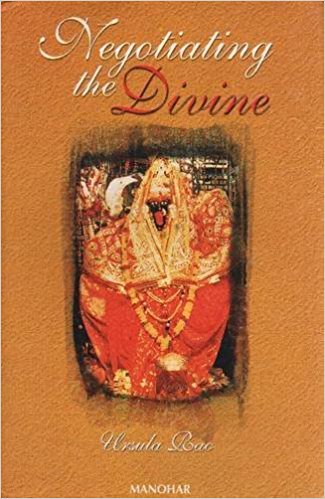Those of us who regularly pursue the contents of Religion may recall the sparkling essay that appeared roughly two years back from the author of this monograph on broadly the same theme. The sparkle, as one can see, has endured though the monograph, when compared to the essay, is obviously more serious reading, given its greater theoretical embellishment and attention to detail.This work is about how the idea of divinity is perceived, related to and internalized in the lives of contemporary urban Hindus especially through the institution of the temple. It is also about the surreptitious ways in which the apparently religious engagement between man and the divine enters the organization of non-religious public life. Ursula Rao’s study is based on extensive researches carried out in respect of two recently constructed temples in the old town of Bhopal and brings out the manifold and motley considerations that guided the behaviour of certain individuals and groups who implicated themselves in the delineation of sacred space or determining the functions of various religious institutions.
May 2004, volume 28, No 5

